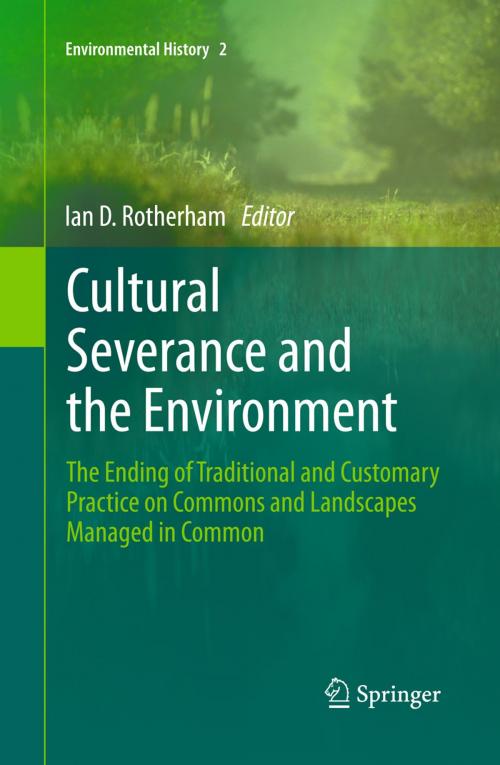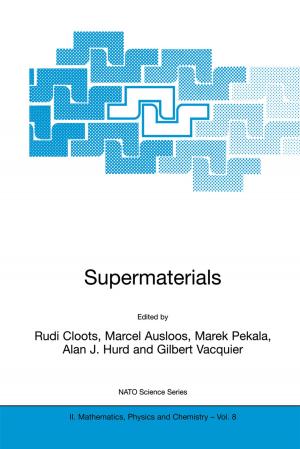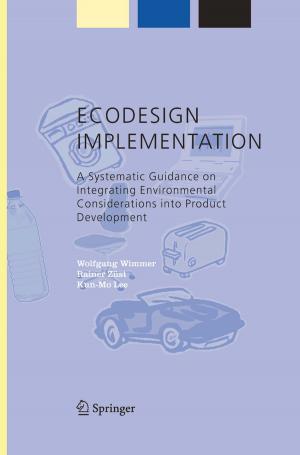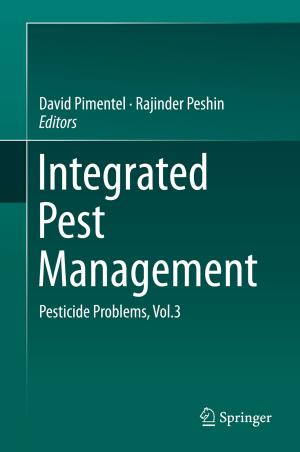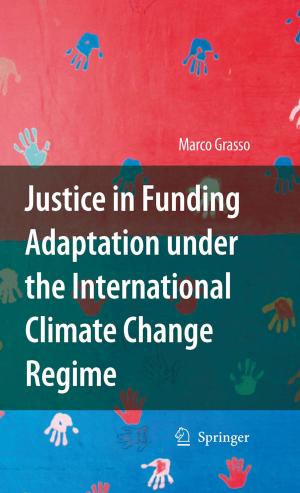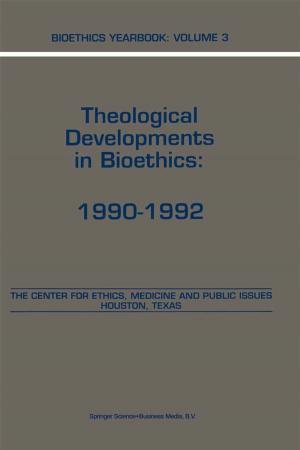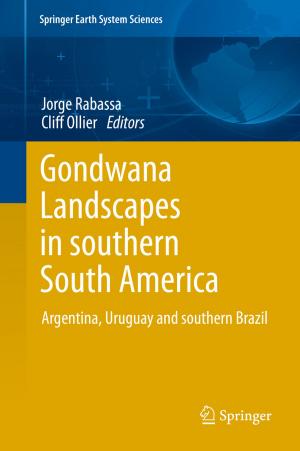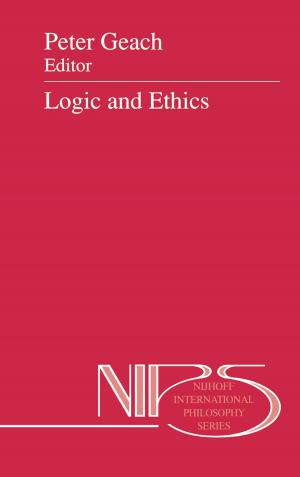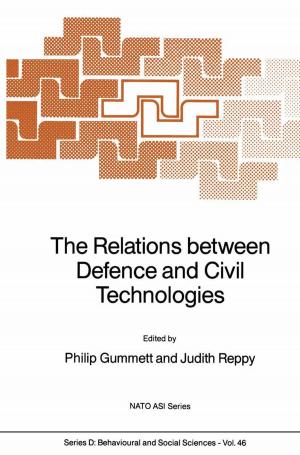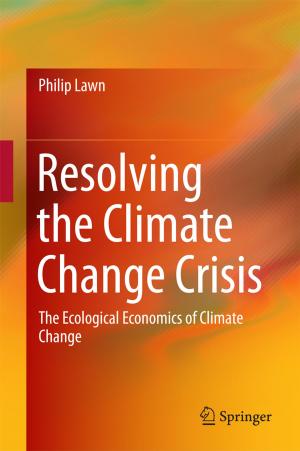Cultural Severance and the Environment
The Ending of Traditional and Customary Practice on Commons and Landscapes Managed in Common
Nonfiction, Science & Nature, Science, Biological Sciences, Ecology, Environmental Science, Nature| Author: | ISBN: | 9789400761599 | |
| Publisher: | Springer Netherlands | Publication: | May 9, 2013 |
| Imprint: | Springer | Language: | English |
| Author: | |
| ISBN: | 9789400761599 |
| Publisher: | Springer Netherlands |
| Publication: | May 9, 2013 |
| Imprint: | Springer |
| Language: | English |
This major book explores commons, lands and rights of usage in common, traditional and customary practices, and the cultural nature of ‘landscapes’. Importantly, it addresses now critical matters of ‘cultural severance’ and largely unrecognized impacts on biodiversity and human societies, and implications for conservation, sustainability, and local economies. The book takes major case studies and perspectives from around the world, to address contemporary issues and challenges from historical and ecological perspectives. The book developed from major international conferences and collaborations over around fifteen years, culminating ‘The End of Tradition?’ in Sheffield, UK, 2010. The chapters are from individuals who are both academic researchers and practitioners. These ideas are now influencing bodies like the EU, UNESCO, and FAO, with recognition by major organisations and stakeholders, of the critical state of the environment consequent on cultural severance.
This major book explores commons, lands and rights of usage in common, traditional and customary practices, and the cultural nature of ‘landscapes’. Importantly, it addresses now critical matters of ‘cultural severance’ and largely unrecognized impacts on biodiversity and human societies, and implications for conservation, sustainability, and local economies. The book takes major case studies and perspectives from around the world, to address contemporary issues and challenges from historical and ecological perspectives. The book developed from major international conferences and collaborations over around fifteen years, culminating ‘The End of Tradition?’ in Sheffield, UK, 2010. The chapters are from individuals who are both academic researchers and practitioners. These ideas are now influencing bodies like the EU, UNESCO, and FAO, with recognition by major organisations and stakeholders, of the critical state of the environment consequent on cultural severance.
